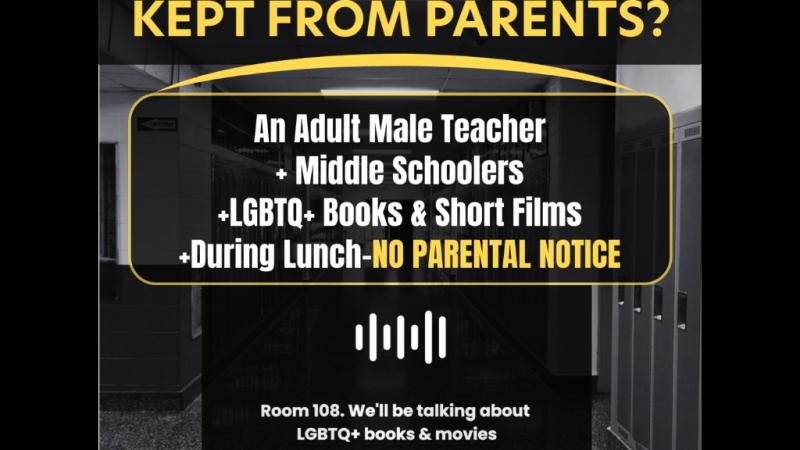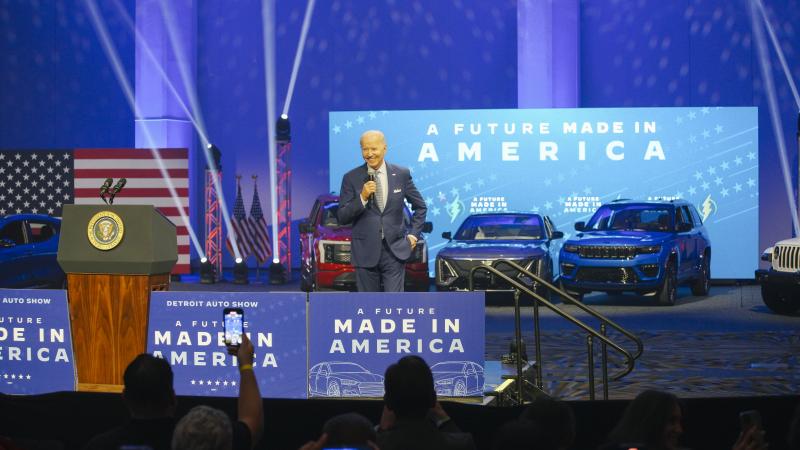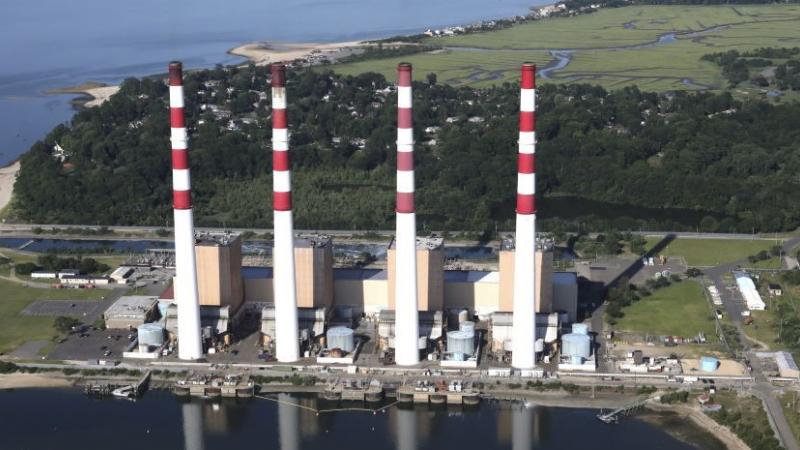Virginia lawmakers support banning 'foreign adversaries' from buying farmland
“Virginians – not the CCP – should own the rich and vibrant agricultural lands God has blessed us with,” Youngkin said during his address.
A proposal backed by Gov. Glenn Youngkin to prevent “foreign adversaries” from acquiring farmland in Virginia, won support in the House and Senate this week when similar measures were passed in both chambers.
Two bills in the House and Senate – Senate Bill 1438 and House Bill 2325 – would prohibit “foreign adversaries” from purchasing agricultural land in the commonwealth starting this year. The bill defines “foreign adversaries” as any foreign government or “nongovernment person” determined by the U.S. Secretary of Commerce to have engaged in “a long-term pattern” of conduct threatening national security.
HB 2325 was passed by the House in a block vote for uncontested bills Tuesday, meaning it passed out of the chamber in a 99-0 vote. SB 1438 in the Senate was advanced in a bipartisan 23-16 vote Monday.
Youngkin called for the proposal during his State of the Commonwealth address in January, asking the General Assembly to send him a bill to “prohibit dangerous foreign entities tied to the CCP (Chinese Communist Party) from purchasing Virginia farmland.”
“Virginians – not the CCP – should own the rich and vibrant agricultural lands God has blessed us with,” Youngkin said during his address.
The directive in Youngkin’s speech followed an executive order signed by the governor in December that banned Chinese-owned apps, including Tik Tok, on state government networks and devices. After his address last month, Youngkin also revealed he blocked Virginia from being considered as a site for a Ford battery plant over concerns with China.
The U.S. Secretary of Commerce has designated five nations and one individual as “foreign adversaries” – the People’s Republic of China, Cuba, Iran, North Korea, Russia and Venezuelan politician Nicolás Maduro.
As of the end of 2021, “foreign investors” held an interest in roughly 40 million acres of U.S. agricultural land – roughly 3.1% of all privately held farmland in the U.S., according to the U.S. Department of Agriculture. Texas had the highest amount of foreign-held U.S. agricultural land as of 2021 at roughly 5.3 million acres.
According to USDA data, Canadian investors own the largest amount of foreign-held agricultural land with roughly 12.8 million acres. China holds less than 1% of foreign-held acres at just under 384,000 acres.
During discussion of the proposal on the Senate floor Monday, the bill received vocal support from both Republicans and Democrats.
“Why is it such a bad thing to protect the Commonwealth of Virginia’s land from countries that want to do us or our people harm? Isn't that what we're here for,” Sen. Bill Stanley, R-Franklin County said Monday. “We're here to protect the citizens of the Commonwealth of Virginia. We're here to protect the resources of the Commonwealth of Virginia, and this bill does both.”
Sen. Dave Marsden, D-Fairfax, also spoke in support of the measure, arguing "you don't know where the money's coming from" when dealing with foreign governments like China.
The bill was also subject to pushback during Monday's discussion in the Senate. Sen. Chapman Petersen, D-Fairfax, raised concerns about the bill, noting that he feels “very strongly about anti-communism," but argued the Senate version of the bill is “much broader than it needs to be.”
“I recognize that we're moving into a status with the People's Republic of China that could very well lead to, God forbid a new Cold War, but at a minimum, enhanced hostility,” Petersen said. “But I think we have to be very measured in how we do that and how it affects our own marketplace because let me tell you something – we will continue to buy and sell goods from China.”
“I think this version [of the bill] is a little bit more broad than we would typically like to have in a free market economy,” Petersen later added.
Tuesday was “crossover day” in the General Assembly, representing the deadline for bills to advance out of their original chamber. Both SB 1438 and HB 2325 will be heard in the opposite chamber in the coming weeks before the end of the legislative session this month.














